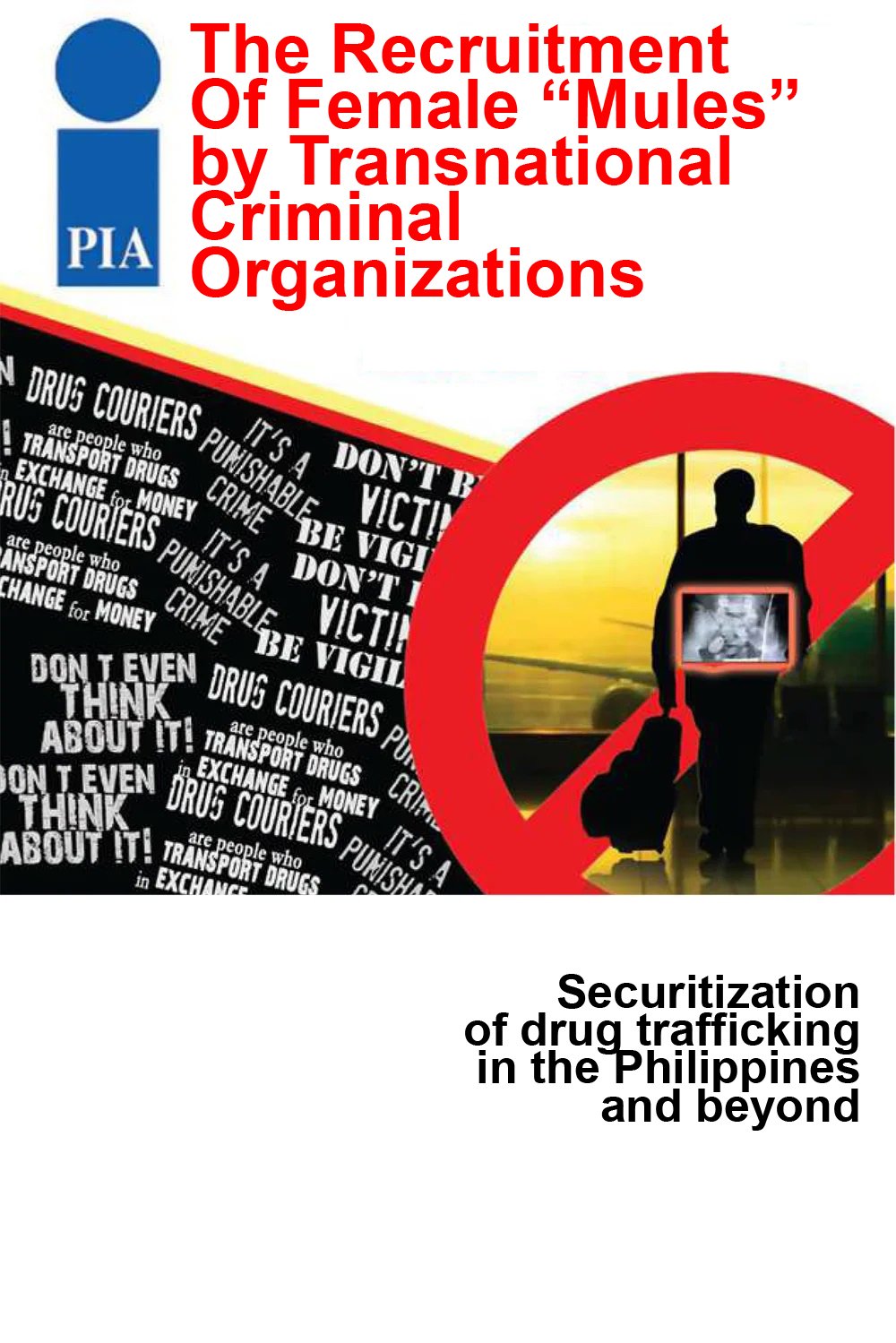Southeast Asia has long been vulnerable to drug trafficking. Recently, intensified flows of persons, goods, and capital acrossborders have rendered it more fragmented and complex. The recruitment of female drug “mules” by transnational criminal organizations is a growing concern for both national and international counter-trafficking authorities in the region.
This phenomenon has been the focus of a particular securitization process, emerging primarily in the Philippines but having regional implications, which has supported the implementation of counter-trafficking policy initiatives on both levels of state and region in Southeast Asia.
It has been shown that a particular securitization process is taking place in the Philippines with regard to drug trafficking.The official discourse currently focuses on the recruitment of female drug mules by transnational criminal organizations. While this tendency is now shared by a growing number of states in Southeast Asia, the Philippine authorities have adopted a particular subjectivity of the women involvedas victims, stressing the need for the government to protect them.
This has led the authorities to add a sub-category to the encapsulating“drug traffickers,” “recruiters.”
